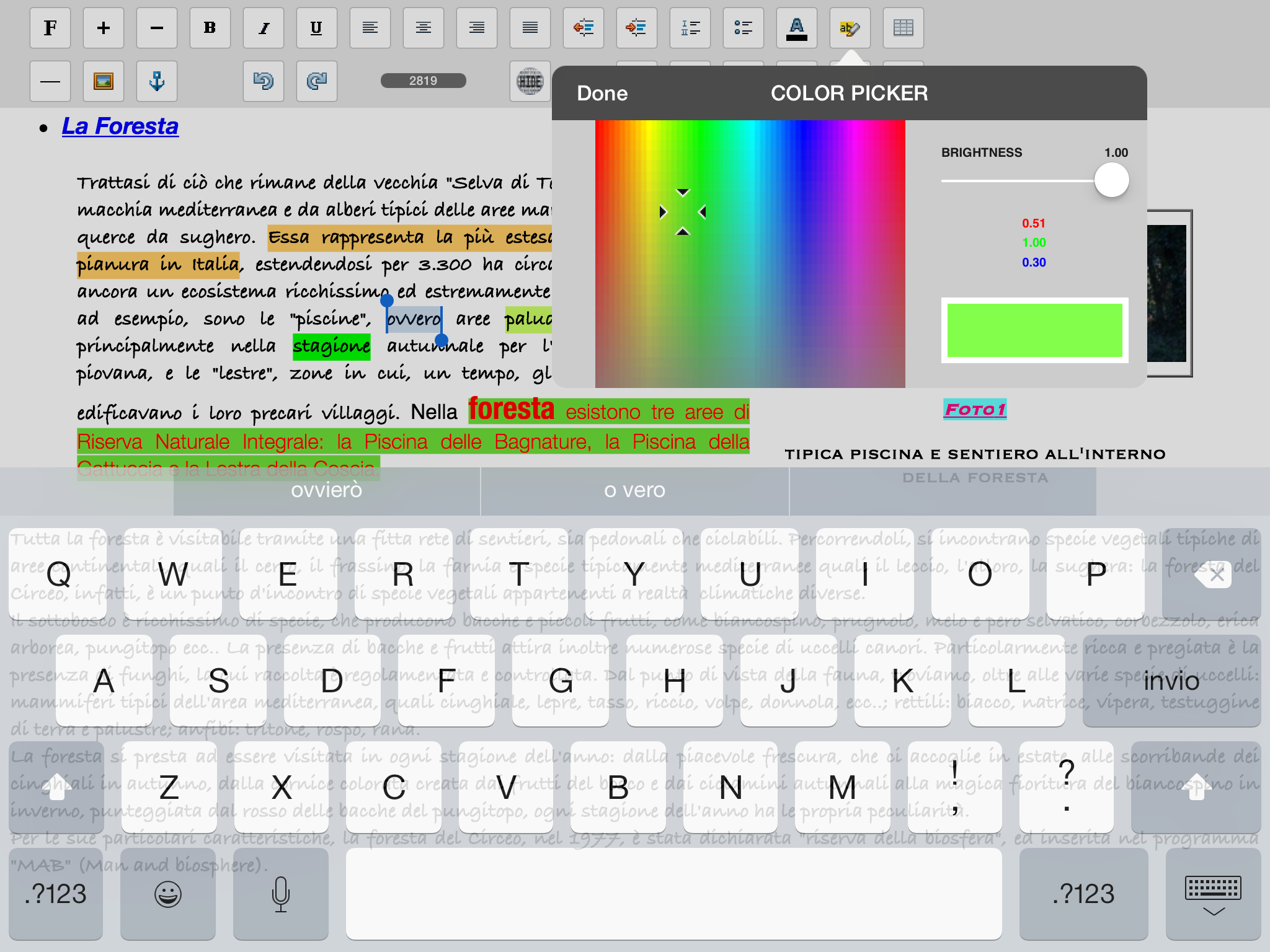

More natural than its tryhard brethren - deliberate, if witty, blends like covidiot or maskhole - and punchier than extended senses of ordinary words like bubble or hub, rona also personifies the foe somewhat, playing off the use of Rhona and Rona as a personal name.īesides, doesn't a colloquial word of the year choice just feel like a good response to the panny D we've had? Karens, ACAB, rightsizing: the year in words The Macquarie's committee stared down many mainstays of coronaspeak: social distancing jostled with R number, the alliterative doughnut day stood side to side with the assonance of boomer remover. In this year's special COVID category, the Macquarie's committee stared down many mainstays of coronaspeak: "social distancing" jostled with "R number", the alliterative "doughnut day" stood side to side with the assonance of "boomer remover".īut the overall winner by committee pick, "rona", stood out as a peculiarly Australian hypocoristic form. First, there were pyrocumulonimbus clouds, aptly described in one citation as a "fire-generated rotating thundercloud".Ī more self-explanatory weather term was "black hail" - does what it says on the can, formed from a mixture of soot and ash with frozen water droplets. Two longlistees described unprecedented weather events. Also on the list was "bushfire brain": the condition of being so overwhelmed by the trauma and loss associated with bushfire that your decision-making capacity is diminished. This wasn't the only term that showed the effect of the summer's extreme weather events on the lexicon of the year to date. "We're still doomscrolling now," an editor remarked during the selection process, "but it's a different sort of doom." The term, defined as "the practice of continuing to read news feeds online or on social media, despite the fact that the news is predominantly negative and often upsetting", had a canonical use case in the unbelievable images generated by the dreadful bushfires at the year's beginning.Īs a phenomenon, though, it's very much still with us.


In the end, Macquarie's word of the year committee - of which I'm a member - picked "doomscrolling" as its overall word of the year. In addition to their overall word of the year - selected from the winners of those listed in a dozen or so categories (agriculture, fashion, technology, etc) the editors have added a special COVID category, and lumped all relevant words in that. (Sad data point: "coronavirus" was the Oxford Children's Word of the Year, in part because children were using it so frequently in their creative writing submissions.)įaced with this, the editors at the Macquarie Dictionary have proposed a solution to ensure their long-running comp wasn't totally upstaged by a respiratory virus. Oxford Dictionaries opted to include dozens of 2020 words in a sprawling report, citing "an unprecedented year".Ĭoronavirus is the ur-topic compared to it, all else seems trivial. Many have simply succumbed, if I can say that, to the demon coronavirus: the Collins went with "lockdown", the Australian National Dictionary Centre with "iso". The organisations that choose words of the year have responded to this in different ways. For the many organisations involved, the question became not, "What will word of the year be?" but rather, "Which COVID term will get it?" As early as March, the US lexicographer Grant Barrett had lockdown and self-quarantine among a swag of viral terms he'd predicted could take the gong.īy May, betting markets had already named COVID-19 the heavy favourite. Coronavirus is the ur-topic compared to it, all else seems trivial. See a novel noun or germane gerund? Write it down, return to it around November, and see if a dictionary agreed with you. Ordinarily, a passing interest in word of the year competitions is a relaxing, even enjoyable pastime.


 0 kommentar(er)
0 kommentar(er)
